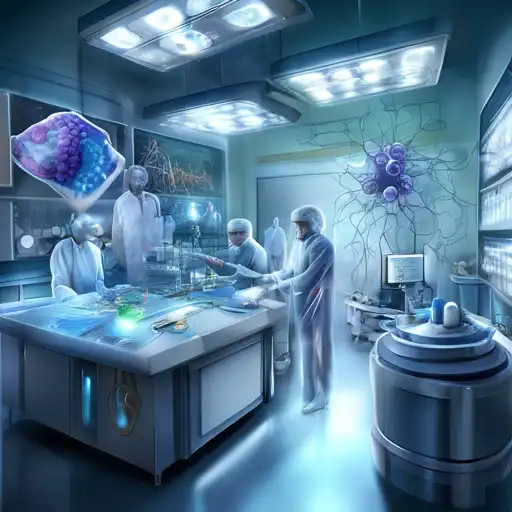Introduction to Nanotechnology in Medicine
Nanotechnology, the science of manipulating matter at the atomic and molecular scale, is set to revolutionize the medical field. With its ability to operate at the same scale as biological processes, nanotechnology offers unprecedented opportunities for diagnosis, treatment, and prevention of diseases. This article explores the groundbreaking advancements and potential of nanotechnology in medicine.
The Promise of Nanomedicine
Nanomedicine, the application of nanotechnology in healthcare, promises to transform the way we approach disease treatment and prevention. From targeted drug delivery systems that minimize side effects to nanorobots capable of repairing damaged tissues, the possibilities are endless. The precision and efficiency of nanomedicine could lead to more effective treatments with fewer side effects.
Current Applications of Nanotechnology in Medicine
Today, nanotechnology is already making waves in various medical fields. Some of the most notable applications include:
- Drug Delivery: Nanoparticles are being used to deliver drugs directly to diseased cells, reducing the impact on healthy cells and improving treatment outcomes.
- Diagnostic Tools: Nanotechnology enables the development of highly sensitive diagnostic devices that can detect diseases at their earliest stages.
- Regenerative Medicine: Nanomaterials are being explored for their potential to support tissue regeneration and repair.
Challenges and Ethical Considerations
Despite its potential, the integration of nanotechnology into medicine faces several challenges. These include technical hurdles, such as the difficulty of manufacturing nanoparticles at scale, and ethical concerns regarding privacy and the long-term effects of nanomaterials on the human body and environment.
The Future of Nanotechnology in Medicine
Looking ahead, the future of nanotechnology in medicine is bright. Researchers are exploring innovative applications, such as nanorobots for performing surgeries at the cellular level and nanosensors for real-time health monitoring. As these technologies mature, they could dramatically improve patient outcomes and reduce healthcare costs.
For more insights into the future of healthcare technology, check out our article on The Future of Healthcare Technology.
Conclusion
Nanotechnology in medicine represents a frontier of innovation with the potential to address some of the most pressing challenges in healthcare. While there are hurdles to overcome, the progress so far is promising. As research continues to advance, nanotechnology could indeed be the next big thing in medicine, offering hope for treatments that are more effective, less invasive, and highly personalized.
